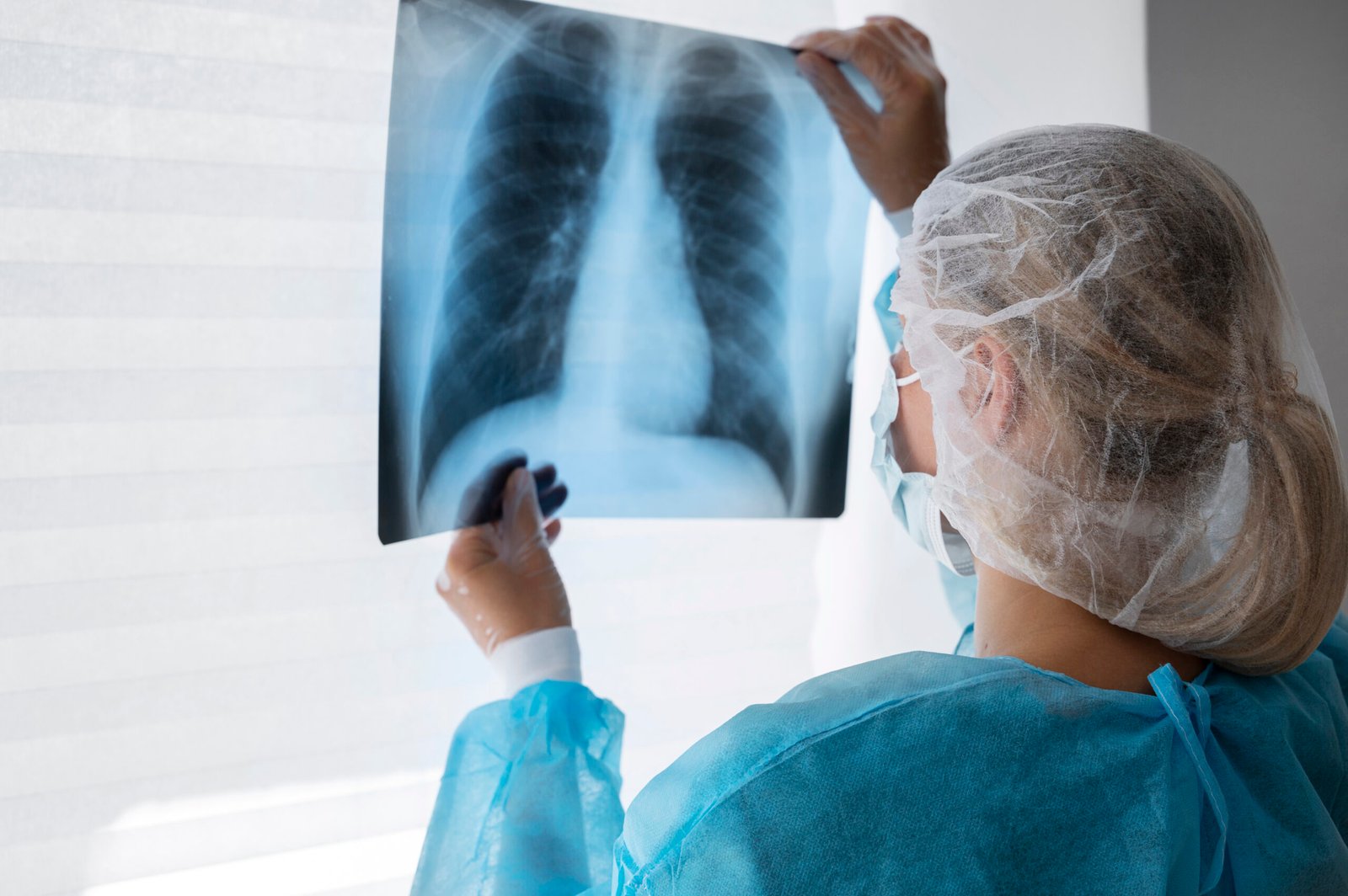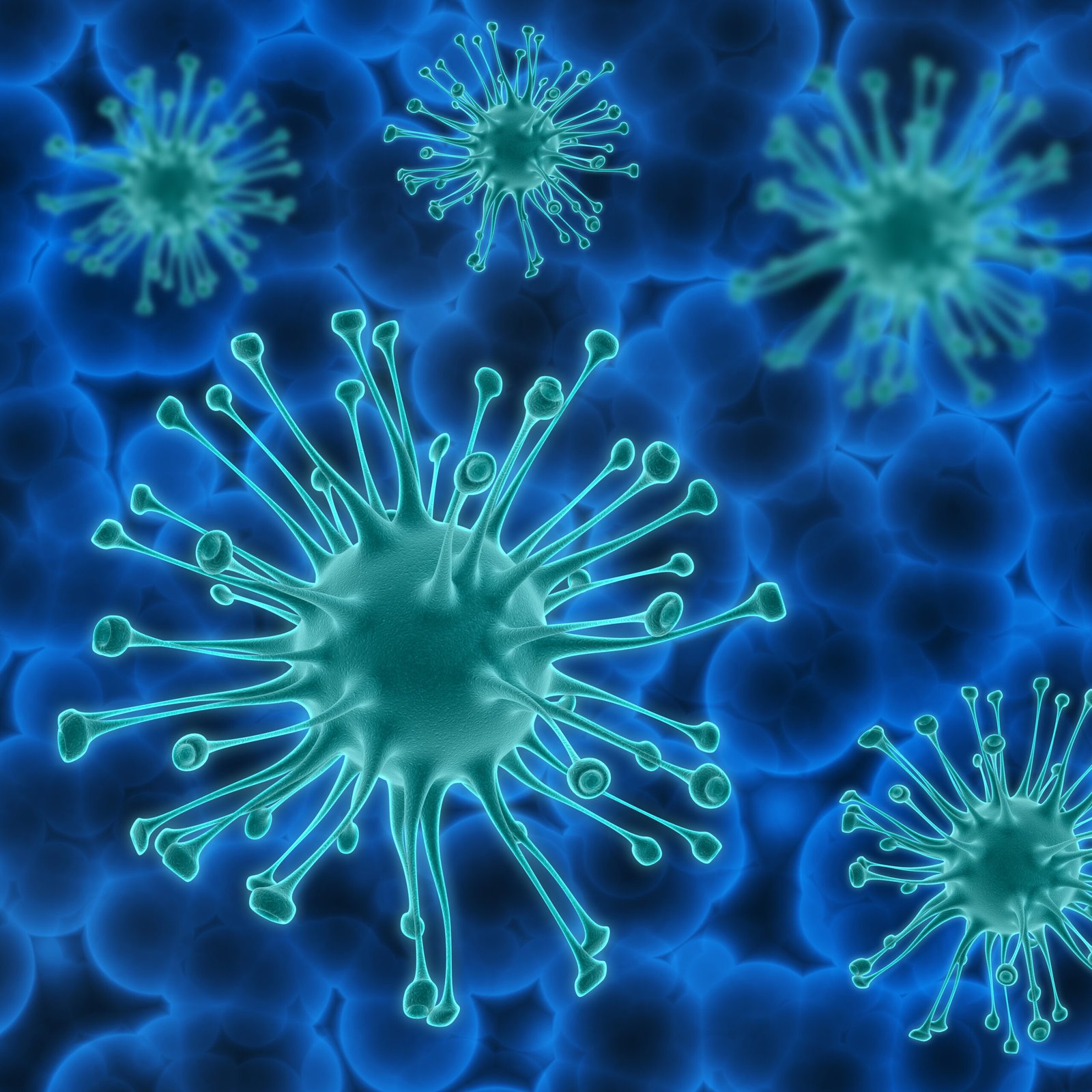Lab-Developed Gel Could Revolutionize Treatment for Skin Superbugs
1.The Growing Threat of Antibiotic Resistance
Superbugs are bacteria that resist common antibiotics. Every year, millions suffer from untreatable infections. MRSA, a deadly drug-resistant staph bacteria, is a major culprit.
2.A Promising Discovery: Epidermicin NI01
Scientists at the University of Plymouth have created epidermicin NI01—a new antibiotic. In lab tests, it fought MRSA as effectively as current drugs. Better yet, it caused fewer side effects.
3.How It Works
The compound targets MRSA on the skin. Researchers tested it on wounds, including cuts and surgical sites. Results showed it could replace lengthy antibiotic courses.
4.From Lab to Clinic: The Path Forward
Next, the team aims to turn the antibiotic into a gel. “Gels are easy to apply and reduce overuse of pills,” said Prof. Mathew Upton, lead researcher. Human trials could begin soon.
5.Why Current Treatments Are Failing
Existing MRSA drugs often cause nausea, rashes, or organ damage. Worse, bacteria are evolving resistance. “Skin infections need safer, faster solutions,” Upton explained.
6.The Role of Innovation
The project combines lab tests with AI-powered machine learning. This speeds up research and improves drug effectiveness. “AI helps us design better antibiotics,” the team noted.
7.Funding the Fight Against Superbugs
Innovate UK, a government agency, granted £1 million for the research. Funds support testing and preparing for trials. Partnerships with Frontier IP, a tech firm, also drive progress.
8.Global Impact
If successful, the gel could save lives worldwide. It may also slow antibiotic resistance—a critical step in protecting future treatments.
9.What’s Next?
Human trials: Testing safety and effectiveness in people.
Gel development: Refining the formula for easy use.
Broader applications: Adapting the tech for other superbugs.
10.A Message from the Experts
“This isn’t just science—it’s a lifeline,” said Prof. Upton. “We’re racing to outsmart bacteria before they outsmart us.”
Source:University of Plymouth
Date:Apr 10 2025




